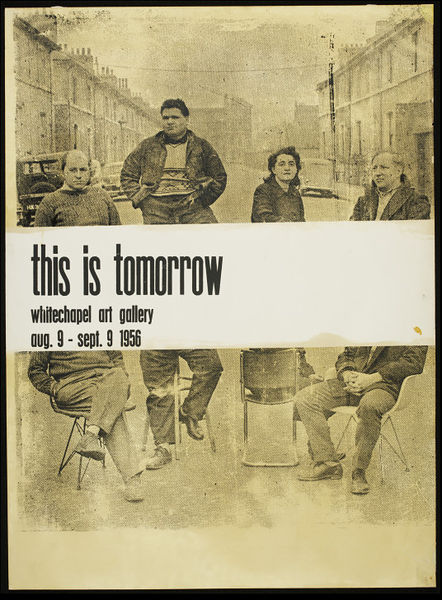In intellectual histories of cultural studies, the year 1956 usually figures as a “big bang” moment. Centered on the geopolitical flashpoints of the Hungarian Revolution and the Suez Crisis, it was the year that catalyzed the British new left, and thus, the story goes, provided a new front of political critique that would serve as the jumping-off point for the nascent formation of cultural studies in Britain. This article presents a brief overview of this conventional pre-history of cultural studies in Britain. It then departs from this familiar story to outline several other notable “big bang” moments happening elsewhere in 1956 with resonance across literature, global labor history, the visual arts, and the women’s movement. These other moments each arguably have considerable bearing on the articulation of cultural studies in Britain, and their examples provide a more globally diverse and textured frame for re-situating the emergence of cultural studies at mid-century beyond the narrow focus on new left politics.
